BY: LAUREN RENFRO
I am by no means an expert in any of this. Feel free to comment and challenge what I've written
The dictionary defines belonging as the “fitting into a specified place or environment.” For most people, it is easy to belong -- to their family, to their community, to their city, to their country. It is that sense of security and familiarity with the conditions and lifestyle that allows one to feel like they truly belong to a place. Imagine then, for a moment, being stripped of that luxury. What happens when we no longer belong, when we no longer have a safe place to run to when we are frightened, when there is no home to belong to anymore? That gives at least a glimpse into the perpetual reality of a migrant.
There is an army of emotions that accompanies the journey of a migrant. Fear, loss, anxiety, depression, dread, and a small glimmer of hope that the new life will be better. These emotions are not unfounded. Moving to a place where everything is different -- the language, the culture, the dress, the food, the demographics, the expectations -- can be a massive shock to the system. It can derail people and cause feelings of rejection, of cultural alienation, or deculturation (the loss of a cultural identity). And local people can make the transition even more challenging if they harbour intense fears based in biases or stereotypes or prejudices that are most often utterly inaccurate. Fear mongering in the media and new sources create spurious attitudes that are damaging not only to the people on the receiving end of the hate, but the society as a whole in the long run. There has yet to be any truthful and sufficient proof showing that migrants have negative effects on the host countries. More often than not, migrants add to a country’s economy, boosting GDP and business efficiency. They bring new ideas and new practices into communities that allow for growth and development that would not have been possible previously.
So why is hate and discrimination so persistent?
The ironclad grasp of discrimination is self-perpetuating; the hate is passed down generation to generation until there is no longer a recognisable reason for said hate. It turns into the answer of, “oh, it’s just the way it has always been.” Which is also quite possibly the worst reason to hate someone. There is hope, however, for an end to the cycle. Thanks to globalisation and the ever-increasing use of technology, people are ever more connected and able to understand the stories of others. The younger generations are (mostly) more tolerant and compassionate towards people that are different from them, though there are always exceptions to the rule. On the whole, growing up in a technology-permeated society talking to people they may never see and hearing stories from the other side of the world has given this generation a leg up in the world. And if each generation continues to raise the next with not as “us versus them” mentality but one of understanding and compassion and humanity, then maybe there is hope for a world where belonging is no longer something to fear losing.
This is where the ‘Belonging’ Project comes in. It is our aim to create the potential for a more empathetic population. In the week that I have been in Belfast, every single person I have talked to has been warm and welcoming and more than happy to help. It did not matter race, religion, gender, sexuality, ability -- they were friendly and obliging. The people of this country have already been through so much horror, just listening to the history from tour guides and other people from many different perspectives and hearing about everything that happened, it is amazing to see how far Belfast in particular has come. I would be at loathe to see anyone welcomed less warmly than I was. We are all, ultimately, human and deserve respect and kindness. With the 'Belonging' Project, we hope to further address the biases by bringing the issues to a human level, one where people can connect to and see themselves in the stories of others. We are never too old nor too young to begin seeing the world differently, and if even one person’s life is changed for the better, then the work is not in vain because that one person’s life can go on to touch those of countless others.
These photos and stories and lives are more than separate accounts -- they are part of the human narrative that ties us all together.


